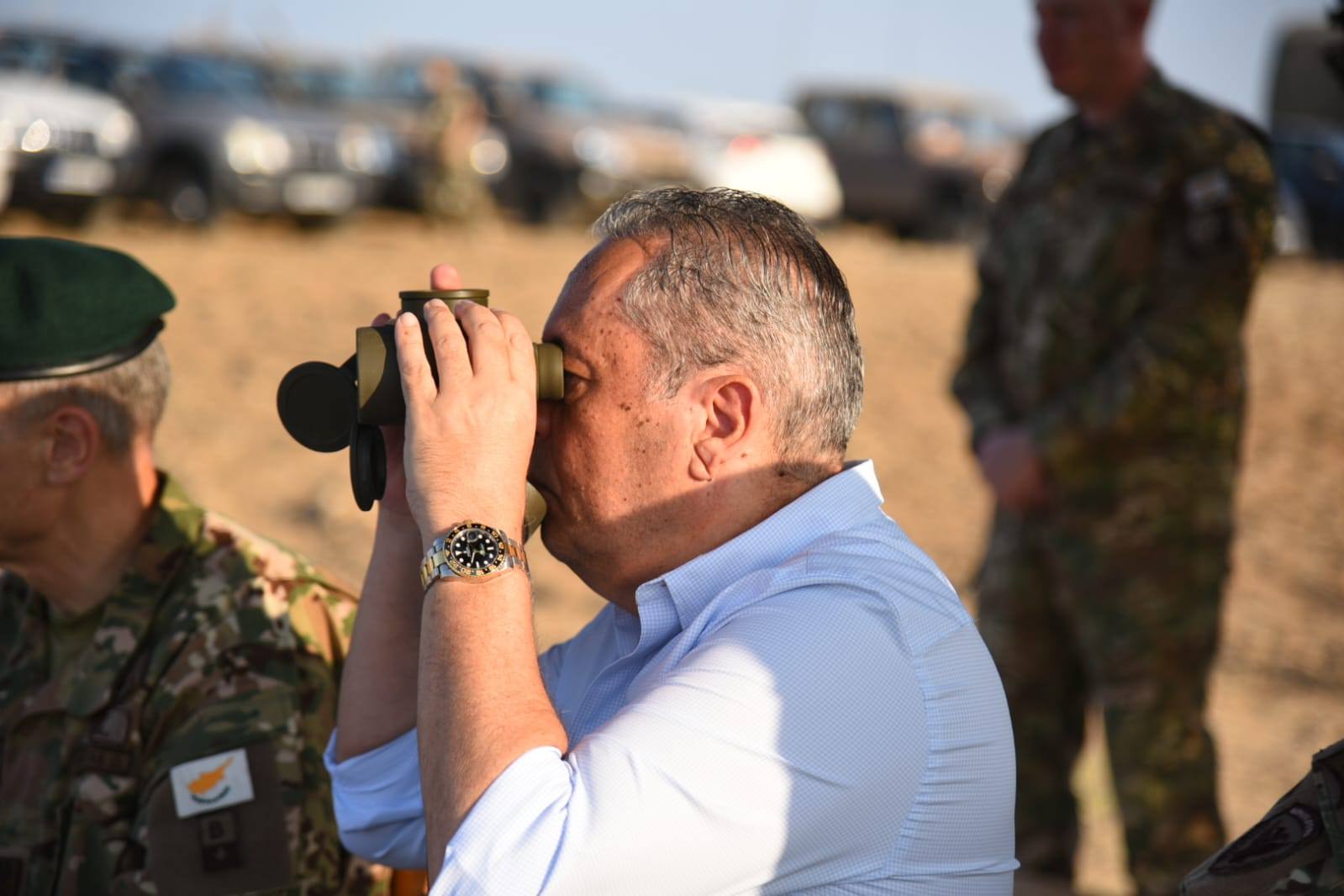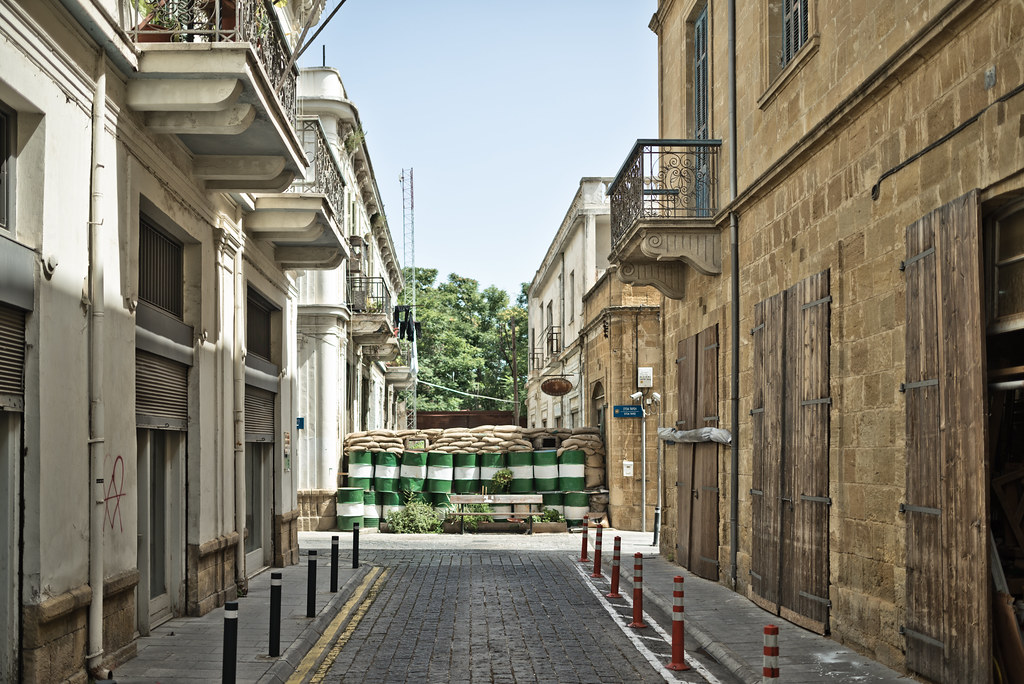Defence Minister Vasilis Palmas on Monday once again declared his opposition to the idea of Turkey joining the European Union’s Security Action for Europe (Safe) defence procurement, describing the country as “expansionist”.
“A state which has a declared expansionist policy cannot join the programme in question,” he told a debate on the matter of European defence.
He also stressed that “the situation in Cyprus, with the occupying forces maintained at particularly high levels and Turkey having established itself in the defence sector, leaves no room for complacency”.
In addition, he made reference to statements made by European Council president Antoio Costa over the matter during a visit to the island in September.
Costa had said the Safe programme’s rules are “clear”, and that the programme is “open to third countries, but to third countries which do not constitute a threat to the security of any member state”.
On Monday, Palmas said that Costa “noted [that] certain terms and conditions must be met for the participation of third countries in the programme”.
“The participation of a third country must be limited if it contradicts the security and defence interests of the Union and its member states,” he said.
To this end, he stressed that Cyprus “is a modern state, with declared peaceful intentions towards all sides”, but “under prolonged occupation”.
“We have an inalienable right, respecting ourselves first and foremost, to upgrade the defensive armour of our homeland, to improve our defence capabilities, and to modernise our geostrategic role in the region,” he said.
To this end, he said the €1 billion of funding for military hardware Cyprus has secured through the programme will “cover the National Guard’s priorities” until 2030.
“In addition to the resources and projects which will come from Safe, the defence ministry has now drawn up a multiannual armament plan, which remains flexible, so that it allows for the integration of new developments and technologies, in a sector characterised by rapid economic growth,” he said.
He added that the Safe programme has come about “at a time when the European Union’s needs to cover shortcomings are significant”, and at a time “when the mobilisation of equipment programmes and joint procurement programmes is becoming urgent”.
“The €150bn which will be invested by member states in the joint procurement of high-tech weapons systems is expected to be the trigger for a new promising era for European defence, with the ultimate goal of autonomy, technological dominance, and resilience,” he said.
In addition to Cyprus, 18 other EU member states are also in line to receive funding as part of the €150bnallocated by the European Commission to the programme earlier this year.
Cyprus and other states participating in the programme have been given until November 30 to provide to the EU what Palmas earlier described as “the list of armament programmes which interest” them.
President Nikos Christodoulides had said at last month’s European Council summit that Cyprus’ position against Turkish involvement in the Safe programme had been adopted by the EU.
“I am pleased that our position regarding the participation of non-member states n the Safe financial instrument has been adopted,” he said upon his arrival at the summit.
“No country, third country, which occupies territories or threatens the security of member states, can under any circumstances participate in or utilise any of the EU’s financial instruments in the fields of defence and security.”
His comments come after Greece’s foreign ministry’s spokeswoman Lana Zochiou confirmed that her country intended to veto Turkey’s participation in the programme unless the country rescinds a parliamentary resolution signed in 1995 regarding both country’s claims in the Aegean sea.






Click here to change your cookie preferences